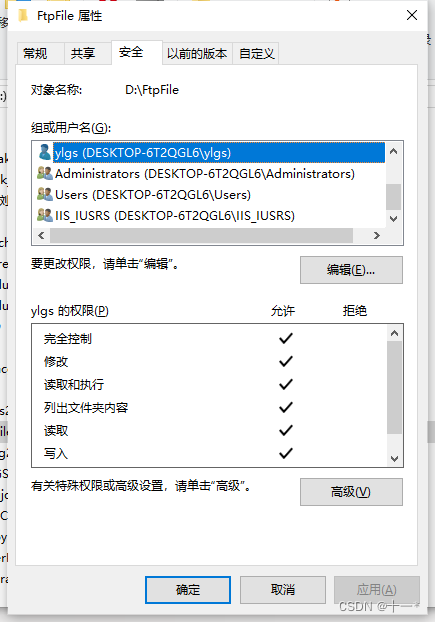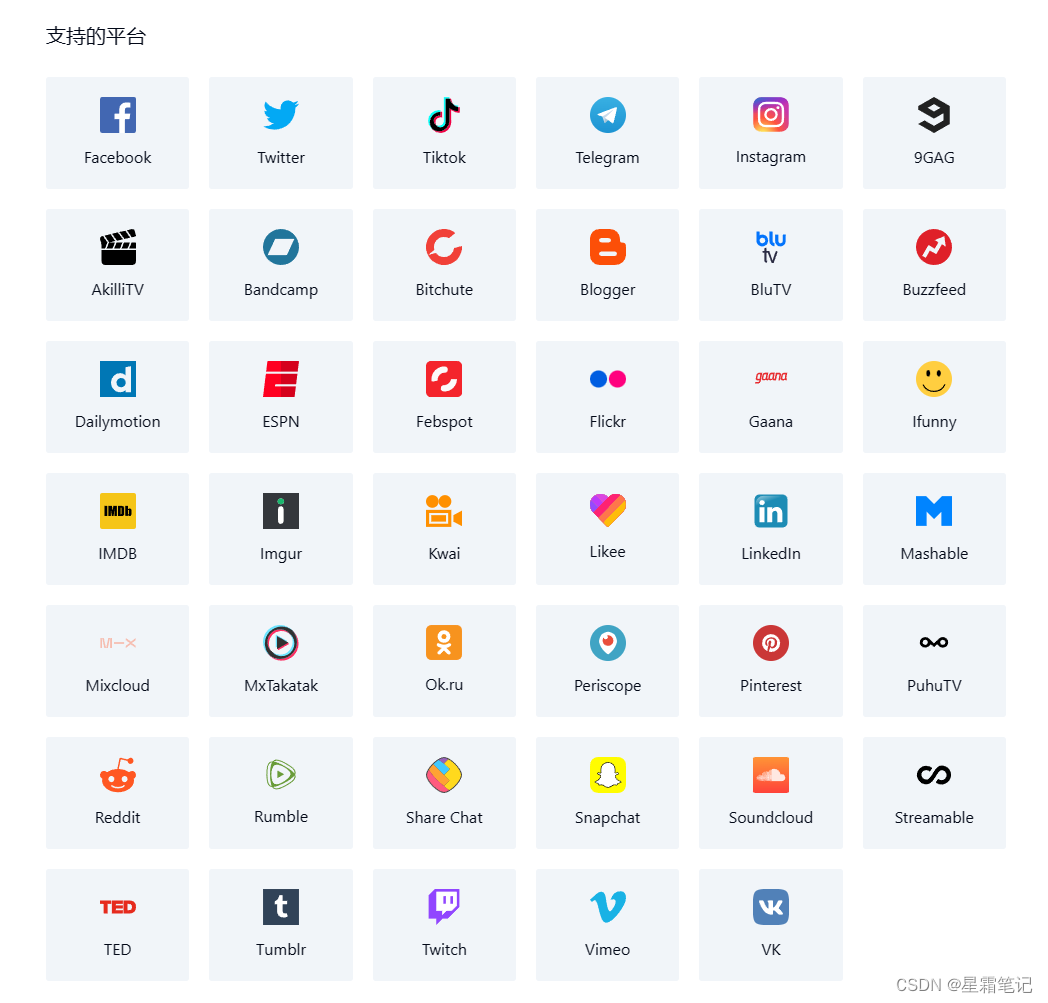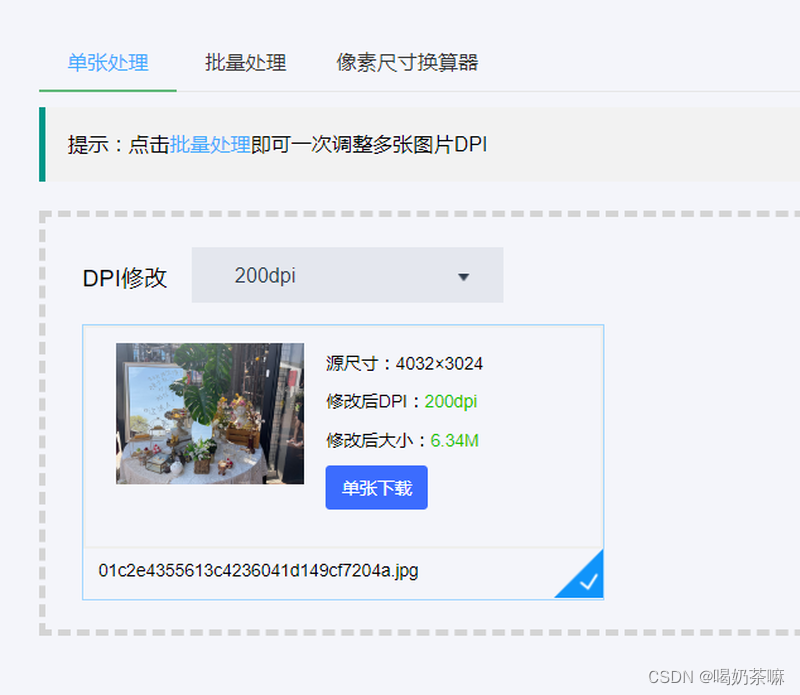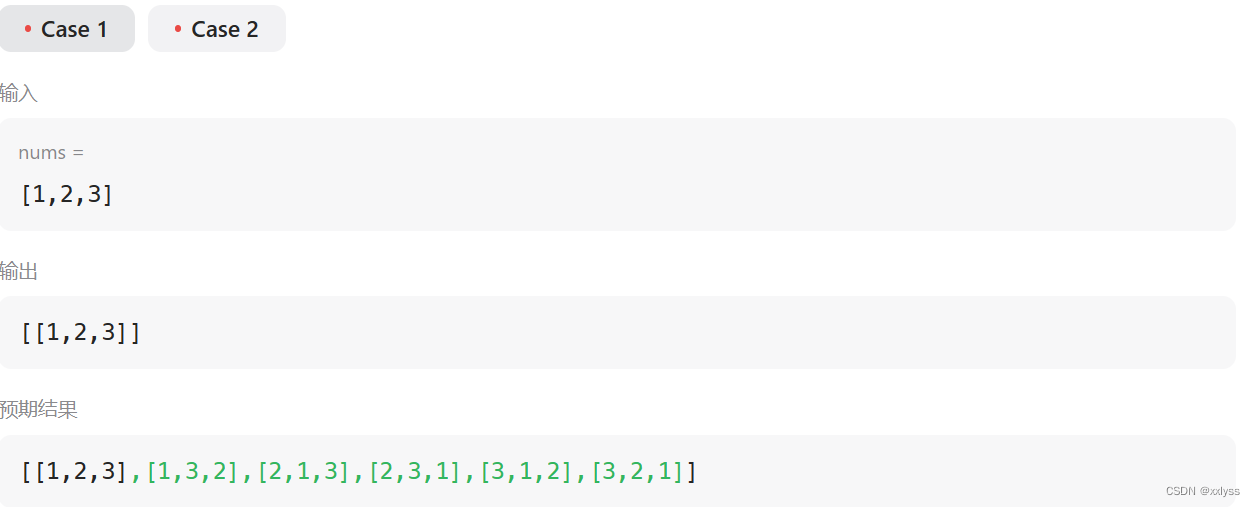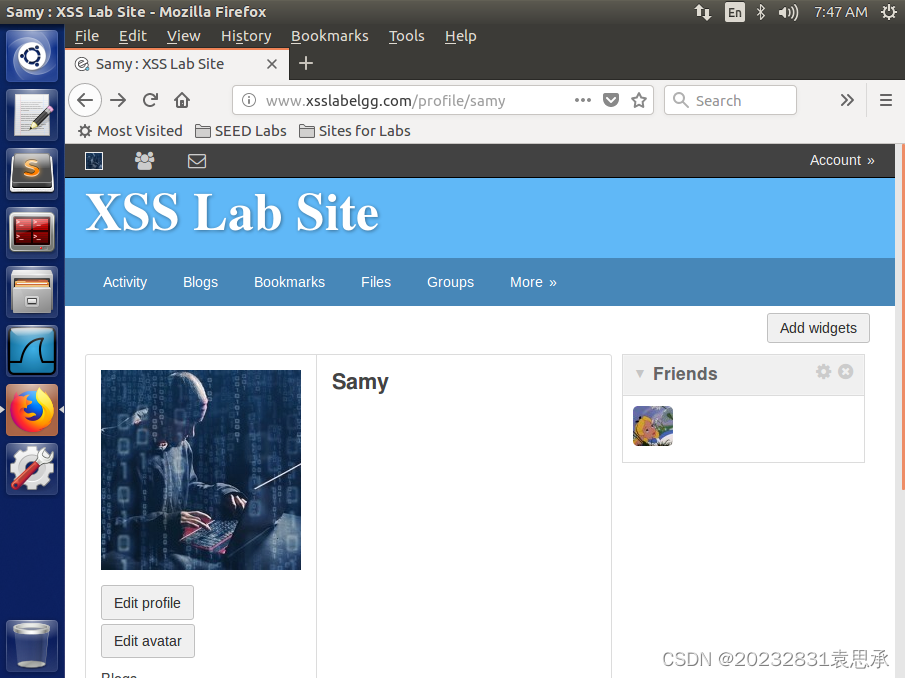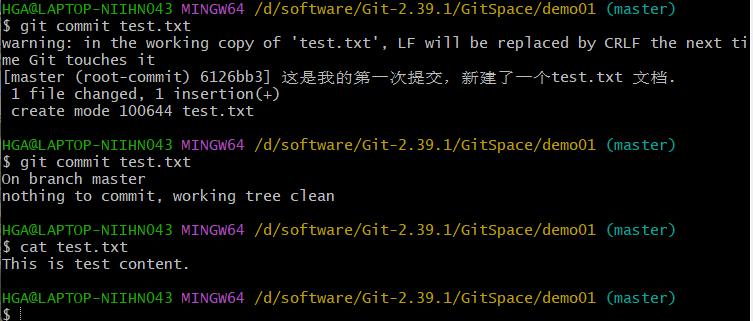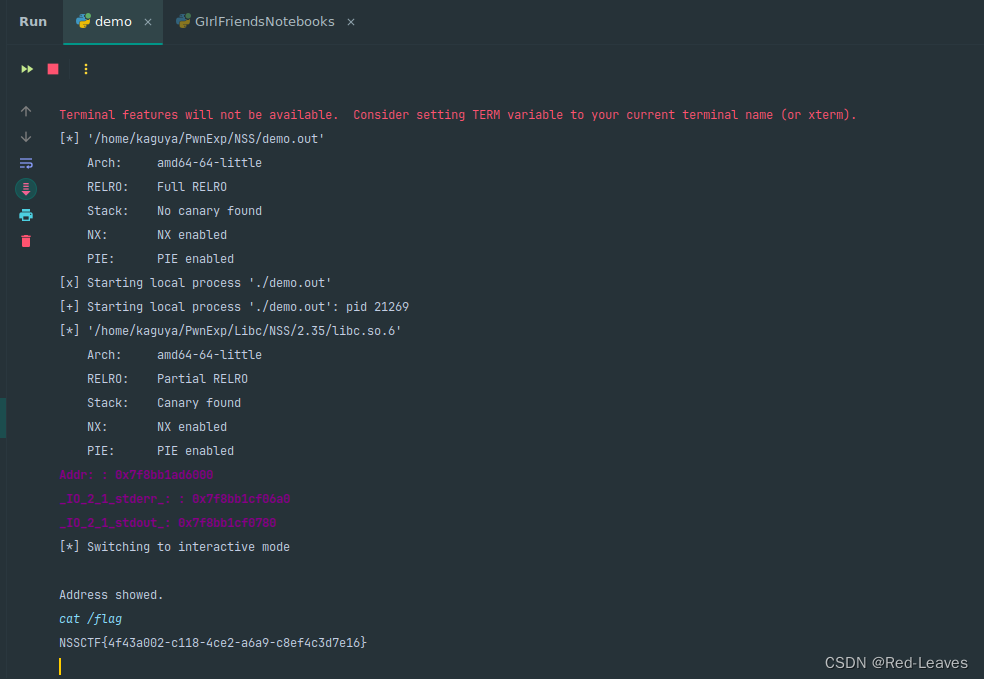指令定义函数提供了几个钩子函数(可选):
- bind: 只调用一次,指令第一次绑定到元素时调用,可以定义一个在绑定时执行一次的初始化动作。
- inserted: 被绑定元素插入父节点时调用(父节点存在即可调用,不必存在于 document 中)。
- update: 被绑定元素所在的模板更新时调用,而不论绑定值是否变化。通过比较更新前后的绑定值。
- componentUpdated: 被绑定元素所在模板完成一次更新周期时调用。
- unbind: 只调用一次, 指令与元素解绑时调用。
// 注册一个全局自定义指令
Vue.directive('custom-directive', {
bind(el, binding, vnode) {
// bind钩子函数,在指令第一次绑定到元素时调用
// 可以执行一次性的初始化操作
console.log('Directive bound!');
},
inserted(el, binding, vnode) {
// inserted钩子函数,在绑定元素插入父节点时调用
console.log('Element inserted into parent node!');
},
update(el, binding, vnode, oldVnode) {
// update钩子函数,在绑定元素所在的模板更新时调用
// 可以通过比较更新前后的绑定值进行一些操作
console.log('Directive updated!');
},
componentUpdated(el, binding, vnode, oldVnode) {
// componentUpdated钩子函数,在绑定元素所在模板完成一次更新周期时调用
console.log('Directive component updated!');
},
unbind(el, binding, vnode) {
// unbind钩子函数,在指令与元素解绑时调用
console.log('Directive unbound!');
}
});Vue 允许注册自定义指令。它的作用价值在于当开发人员在某些场景下需要对普通 DOM 元素进行操作。
Vue自定义指令有全局注册和局部注册两种方式。
注册全局指令的方式
// 注册一个全局自定义指令
Vue.directive('custom-directive', {
bind(el, binding, vnode) {
// 指令与元素绑定时调用
el.style.color = binding.value;
},
update(el, binding, vnode) {
// 指令所在元素更新时调用,可以处理新值和旧值的变化
el.style.color = binding.value;
}
});
<!-- 全局注册指令 -->
<p v-custom-directive="'red'">Global Directive Example</p>v-draggable实例
需求:实现一个拖拽指令,可在页面可视区域任意拖拽元素。
思路:
- 设置需要拖拽的元素为相对定位,其父元素为绝对定位。
- 鼠标按下
(onmousedown)时记录目标元素当前的left和top值。 - 鼠标移动
(onmousemove)时计算每次移动的横向距离和纵向距离的变化值,并改变元素的left和top值 - 鼠标松开
(onmouseup)时完成一次拖拽
- inserted: 被绑定元素插入父节点时调用(父节点存在即可调用,不必存在于 document 中)。
const draggable = {
inserted: function (el) {
el.style.cursor = 'move'
el.onmousedown = function (e) {
let disx = e.pageX - el.offsetLeft
let disy = e.pageY - el.offsetTop
document.onmousemove = function (e) {
let x = e.pageX - disx
let y = e.pageY - disy
let maxX = document.body.clientWidth - parseInt(window.getComputedStyle(el).width)
let maxY = document.body.clientHeight - parseInt(window.getComputedStyle(el).height)
if (x < 0) {
x = 0
} else if (x > maxX) {
x = maxX
}
if (y < 0) {
y = 0
} else if (y > maxY) {
y = maxY
}
el.style.left = x + 'px'
el.style.top = y + 'px'
}
document.onmouseup = function () {
document.onmousemove = document.onmouseup = null
}
}
},
}
export default draggable批量注册指令,新建 directives/index.js 文件
import draggable from './draggable'
import longpress from './longpress'
// 自定义指令
const directives = {
draggable,
longpress,
}
export default {
install(Vue) {
Object.keys(directives).forEach((key) => {
Vue.directive(key, directives[key])
})
},
}
import draggable from './draggable' 和 import longpress from './longpress':这两行代码是在当前文件中导入了名为 draggable 和 longpress 的自定义指令。
const directives = { draggable, longpress }:这里创建了一个对象 directives,包含了两个属性 draggable 和 longpress,分别对应上面导入的两个自定义指令。
export default { ... }:这是一个 ES6 的模块导出语法,导出了一个对象。这个对象具有一个名为 install 的方法,这个方法用于注册 Vue.js 自定义指令。
Object.keys(directives).forEach((key) => { Vue.directive(key, directives[key]) }):在 install 方法中,使用 Object.keys(directives) 获取 directives 对象的所有键名(即 draggable 和 longpress),然后通过 forEach 循环遍历这些键名。在循环的每一步中,使用 Vue.directive(key, directives[key]) 将相应的自定义指令注册到 Vue.js 中,使得这些指令可以在 Vue 组件中使用。
在 main.js 引入并调用
import Vue from 'vue'
import Directives from './JS/directives'
Vue.use(Directives)使用: 在 Dom 上加上 v-draggable 即可
<template>
<div class="el-dialog" v-draggable></div>
</template>布局自定义指令:注册了布局自定义指令后,可以在 Vue 模板中使用该指令
<template>
<div>
<!-- 局部注册指令 -->
<p v-custom-directive="'blue'">Local Directive Example</p>
</div>
</template>
<script>
// 引入Vue.js并定义组件
import Vue from 'vue';
export default {
directives: {
'custom-directive': {
bind(el, binding, vnode) {
// 指令与元素绑定时调用
el.style.color = binding.value;
},
update(el, binding, vnode) {
// 指令所在元素更新时调用,可以处理新值和旧值的变化
el.style.color = binding.value;
}
}
}
};
</script>
